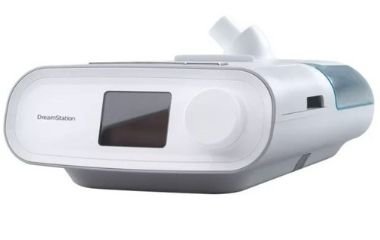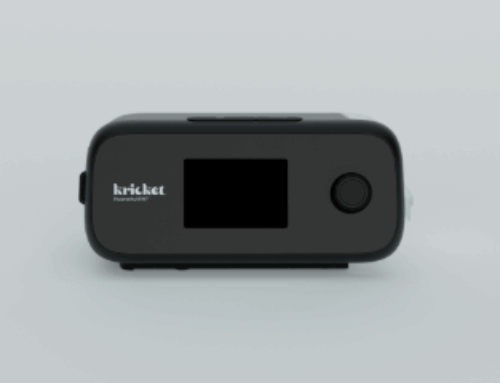Philips Respironics announced it has reached a final agreement with the U.S. Food and Drug Administration (FDA) and U.S. Department of Justice (DOJ) regarding the consent decree proposed earlier this year.
The consent decree with the U.S. government comes nearly three years after Philips’ announcement in June 2021 of a voluntary recall related to foam that could degrade and release unsafe particles in certain CPAP and BPAP devices used to treat obstructive sleep apnea.
In Jan. 2024, Philips announced it agreed with the FDA and DOJ on the terms of the proposed consent decree, primarily focusing on Philips Respironics’ business operations in the U.S.
Specifically, the consent decree requires that Philips prioritize completing the remediation of the devices affected by the June 2021 recall and retain independent experts to review the recall remediation process.
Additionally, Philips will not resume the sale of new CPAP or BPAP devices in the U.S. until the relevant requirements of the consent decree are met. However, the company is permitted to continue servicing devices that are already with health care professionals and patients while also continuing to sell devices in the U.S. that are deemed “medically necessary” by the FDA. This includes the Trilogy ventilators but not the Omnilab Advanced+ titration system used in many sleep labs. View the full list of medically necessary devices outlined in the consent decree.
Under the consent decree, the company must also undergo facility inspections and pay part of its revenue to the federal government. Additionally, Philips will still be allowed to export new devices, accessories, and replacement parts to other countries.
In response to the final agreement, the AASM is advocating for the FDA to take two immediate steps. First, the AASM is urging the FDA to ensure that Philips quickly remediates the Omnilab Advanced+ devices that have been recalled. Next, the AASM is advocating for adding the Omnilab Advanced+ system to the list of medically necessary devices so that sleep centers continue to have access to the equipment needed to provide essential care for patients with sleep-related breathing disorders.
At this time, the consent decree still must be approved by a judge.
For additional information, access the following resources from Philips:





